Table of Contents
In a world where emotional pitfalls lurk behind every swipe and click, spotting relationship red flags is an essential tool in self-love. Cultivating self-awareness is known to be a useful method for setting healthy boundaries and identifying red flags within ourselves that might be sabotaging our relationships and personal growth.
But what if this current generation of millennials and Gen Z is facing the biggest emotional endemic in human history? Despite being so “connected”, they have never been more alone.
This generation that has risen from and navigated through the complications of toxic parental baggage, childhood trauma, and emotional setbacks of poor interpretations of love, is (for the first time) learning to strip away and heal from their generational trauma and heartbreaks. And in this endeavour to heal their wounded parts, they might be trying too hard to protect themselves.

In 2024, the idea of being “problem-free” is celebrated, especially by social media trends that support the “main character” energy. In an alternate universe, I’m probably doing this by discounting my own responsibilities or participation in enabling or creating the problem in the first place! But if I am too scared to embrace my inner flaws and negate the necessity for willingness and acceptance, then I am running the risk of promoting narcissism, self-centredness, and superficiality in the name of self-love.
How To Spot Your Own Red Flags?
To understand and build reception towards recognising your red flags, you must be willing to shed any resistance towards hearing the hard truth. If you are still reading this, I applaud you for choosing vulnerability and acceptance. Oftentimes, people struggle to open up to others or ignore patterns of wrongdoing because it is easier to retaliate and resort to escapism tactics than to confront their problems. On the other hand, there are also people who are generally more in tune with themselves and somehow are better equipped to handle day-to-day problems, with more ease and grace. Either way, it is good to remember that healing is not a linear process: you go at your own pace and keep showing up until you know better.
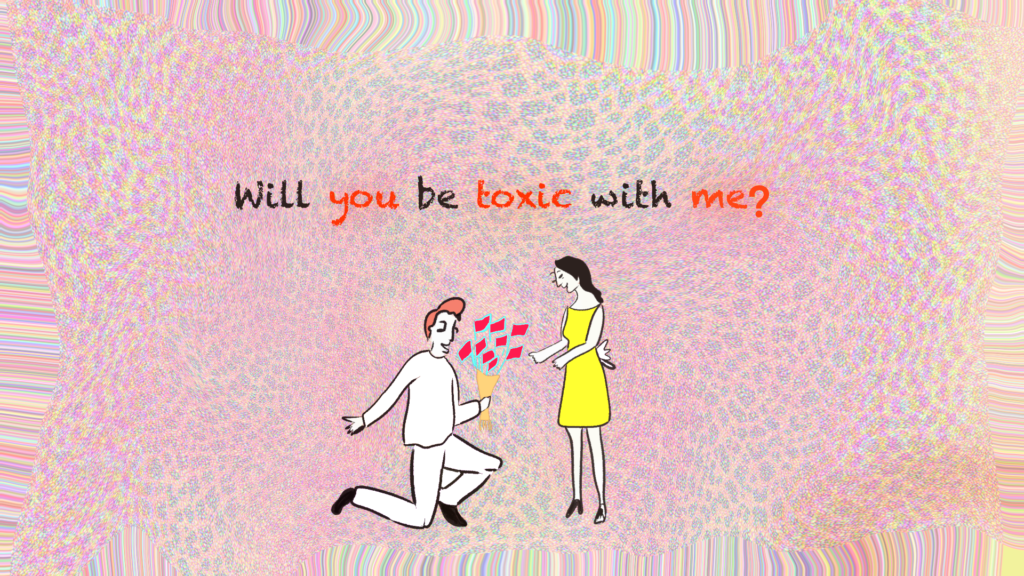
Instead of jumping to judgment about associating red flags with people around me, it is good to check in and ensure I am not projecting or making those same toxic behavioural mistakes that I am complaining about. Usually, when we unlearn old habits and build new healthy ones, our minds play tricks, tempting us with bouts of urges and guilt-shaming. It already knows the oldest trick in the book, so it induces withdrawal symptoms to curb its lack of dopamine. This leaves us with a heart that longs for more but is unable to receive love, connection, and fulfillment it desires due to lack of control, leaving us in a vicious toxic loop.
After all, the journey to the center of the heart is often lonely. It requires passion and showing up – consistently and unabashedly. Which is also why only a few have been successful in braving through the hard and arduous path of self-discovery.
While we are here, you will learn to recognise patterns of behaviour, and analyse what compels us to act in a certain manner. It becomes easier to break the chain when we break it down to the T. With a little bit of openness, willingness and intention, you’ll notice how you can create space for inner peace, self-love and acceptance, fostering healthy relationships with yourself and those around you.
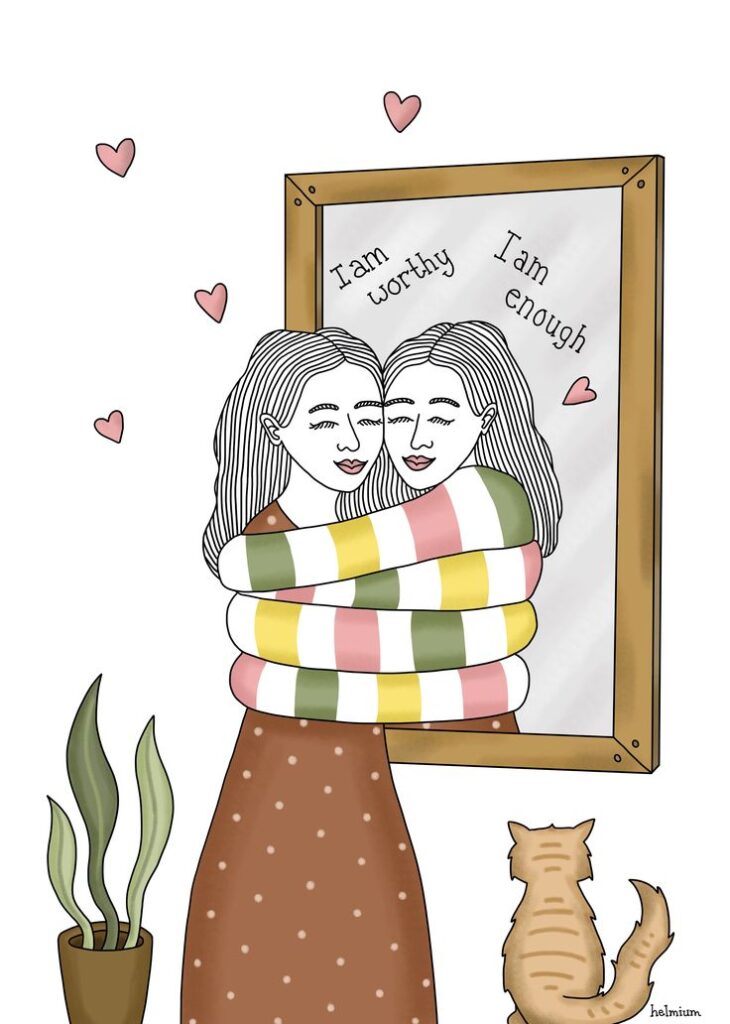
How much do you love yourself?
When I say I love myself, I don’t mean my physical attributes; I mean I love myself in a healthy way – respecting my mind and body, and by prioritizing my overall well-being. Instead of seeking instant gratification, I set healthy boundaries and limits with food and people. It’s about accepting that sometimes it is better to say “no” to commitments I don’t want to do instead of allowing peer pressure or FOMO to take up space in my heart. It means creating pockets of time to regularly check in with myself and self-regulate my feelings, to nourish and enrich my soul. It means listening to my body and understanding what I require rather than letting external forces and negative self-talk dictate the narrative. Self-love is not always glamorous; it simply involves treating yourself with the same respect and kindness that you would give to others, because you are deserving of it.
Think of it this way: If you don’t respect yourself and your time, why will they?
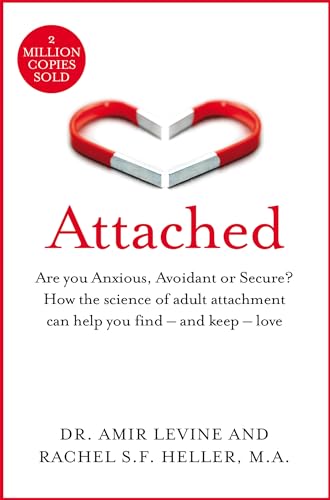
Are You Communicating Effectively?
In the book “Attached”, psychiatrist and neuroscientist Dr. Amir Levine and Rachel Heller talk about why some people are better equipped with handling adult relationships while many others struggle. They do this by breaking down the Theory of Attachment and apply it to various relationship scenarios. According to this theory, which I find super fascinating btw, as humans, we form emotional bonds from birth, especially in long-term relationships like parent-child relationships and romantic partnerships. It suggests that our early bonds with caregivers shape our attachments throughout life. What struck me the most was how securely attached individuals use effective communication as a powerful tool in their daily lives.
Most people have problems because they fail to communicate their needs directly. Whether it is family, workplace, friends or colleagues – I’ve noticed that everytime I’m communicating my thoughts and intentions with clarity, and supporting them with relatable action, I have been more successful in the scenario. It works by giving the other person a fair chance to understand your needs without assuming they already know it.
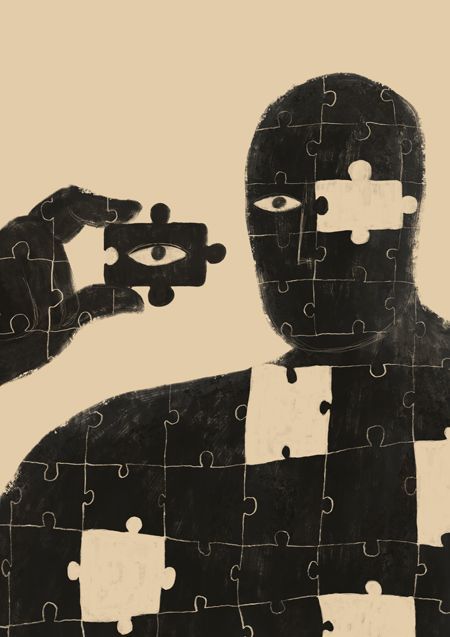
Are You The Subject Or The Object?
“How can she do this to me?” or “Why does this always happen to me?” are common questions we ask when things are not going our way. It is common for me to attach my self-worth to objects of my desire and relatability. But every time I find myself in a sticky situation, I have learnt to disengage myself from the situation and analyse it from a third perspective. You see, it is easier to allow personal bias and preference to trigger emotions and cloud my judgment. When I dig deeper into why I feel the need to associate myself with the subject so strongly, that is the goldmine of the question “why I am the way I am”. By removing myself from the situation and bringing in a gaze of objectivity, I broaden my thinking and create space for fresh and new perspectives.
This is also why your friends are better at calling out the BS in your life, and you are caught grudgingly admitting that they were right all along. Practising disassociation is a great tool for grounding and humility exercises, especially when you are looking to transition from an Anxious/ Avoidant to a Secure attachment style.
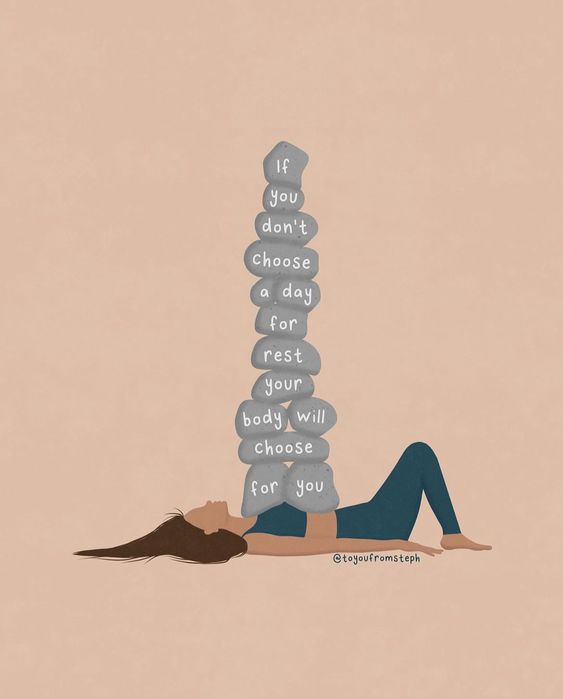
Are You Neglecting Your Nervous System?
Last year, I took a 3-week medical leave from work for a sickness that even my doctors could not name. I lost my appetite, spent hours staring at the window, and lost interest in doing anything but I still couldn’t figure out what was wrong with me. In retrospect, I had what a lot of 30-something adults are dealing with: total burnout and depression. And I didn’t know this is a common phenomenon until I was chatting about this with another friend. But what led to this kind of severity in the first place?
Like every 20-something independent girl, I was in my “hustle era” so I ignored my body’s cues for the preceding years by resorting to routines of bad habits and temporary solutions. The result left me in a crippling freeze mode – where my brain, in a response to protect me, automatically started disengaging from the real world and created a new one inside my mind. As I recoiled inside my head, I grew distant from everyone around me, and became the victim of my mind’s tricks of guilt and shame. Sounds familiar?
When I realised what I was doing, I took immediate steps to make up for my poor choices by taking time to process my feelings, build a safe space for the mind and body to feel protected, and nourish it with tender, loving care. But those who choose to ignore the signs of a burnout, remember that the long-term effects of neglect on the body can be more devastating than you can recover from. It is important to practice movement and self-care to regulate both mental and emotional distress to overcome this period.
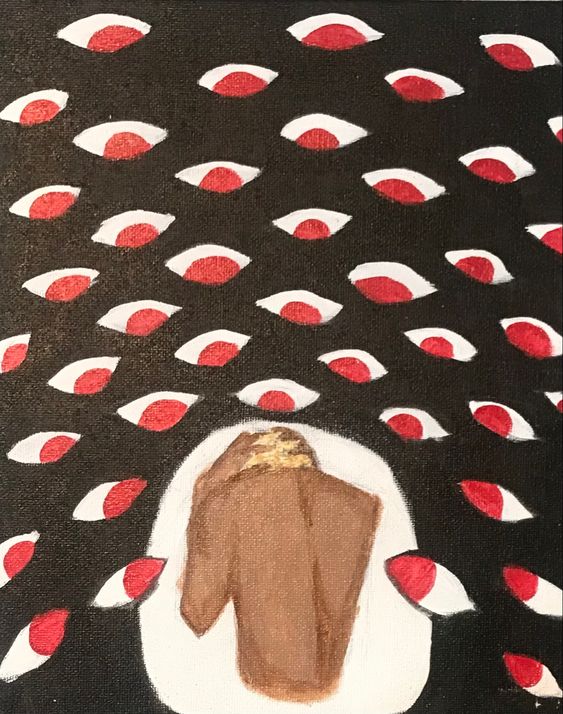
Are You Sharing or Trauma Dumping?
Have you ever found yourself stuck in a situation where you are being privy to more information than you bargained for? I was at a dinner recently and was introduced to someone there. Somehow, in the first fifteen minutes of the conversation, I knew every single issue this person was going through and I barely even got a word out! By the time I got back home, I was visibly spent from the outing. When I took the time to understand why I was feeling this sudden shift in my energy, is when I realised that I had been trauma dumped on! All the negative feelings that this person was going through, somehow found its way to me – draining me of my happy feelings.
Conversations are crucial to us. As humans we thrive on building connections, sharing ideas, and nurturing relationships with love, respect, kindness and empathy. But when we allow negative thoughts to take the form of spoken words, we dampen not only our energy, but also those around us. Instead, it’s good to practise healthy ways to navigate and process our feelings. As for me, I usually just rant-type on my Notes app till it gets out of my system.
Nobody likes an energy vampire. I hope you don’t either.
As we navigate an ever-evolving world, it’s essential to track our progress and reflect on our journey, assessing what we need to move forward and appreciating how far we’ve come. Ultimately, the answers we seek lie within.
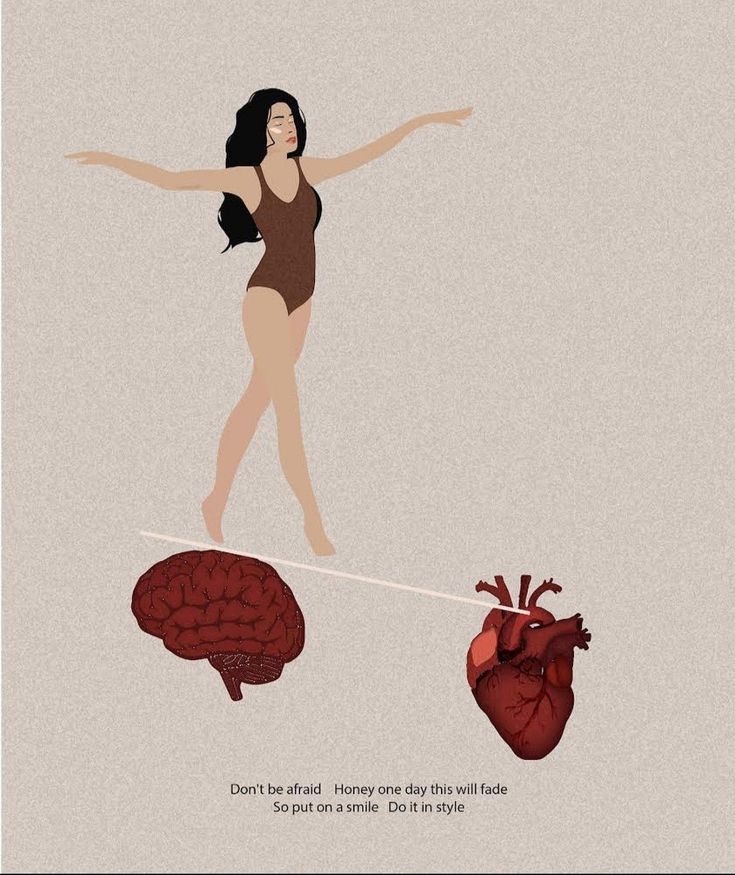
It’s 2024: it’s okay for you to lose the shackles that weigh you down, and fully embrace the main character energy. But remember while you are at it, you also:
- Cultivate self-awareness to recognize and address personal red flags, aiding in setting healthy boundaries
- Embrace vulnerability and accept flaws to avoid defensiveness and promote genuine self-improvement
- Communicate needs clearly in all relationships to prevent misunderstandings and build trust
- Respect yourself by setting healthy boundaries and regularly checking in with your emotional and physical well-being
- Avoid trauma dumping by processing negative emotions healthily and sharing experiences without overwhelming others.
Do you find this helpful? How do you tackle your red flags? Tell us in the comments below!